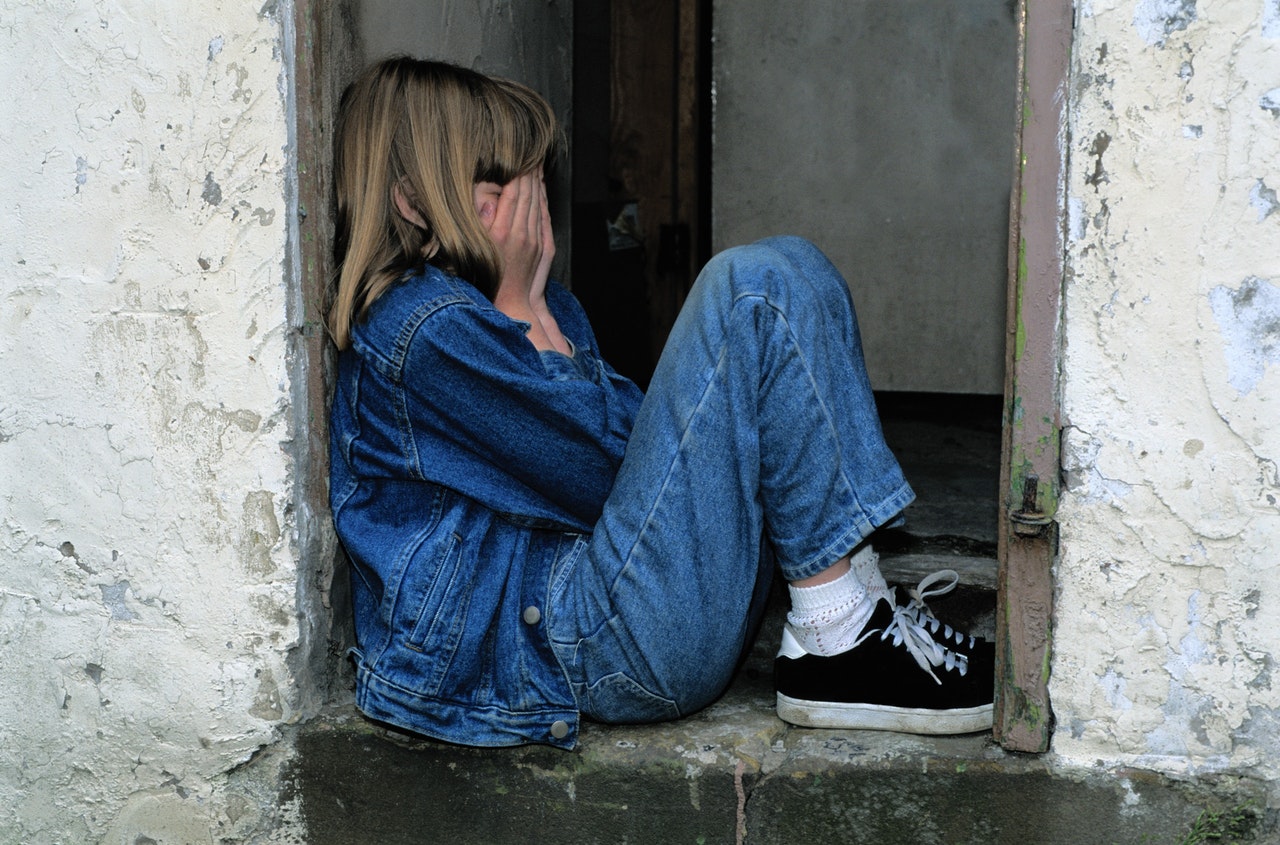The consequences of the mind and body of illegal drug use have long been documented and discussed. The drug deteriorates their mental and physical health, increasing their risk of illnesses and death. Despite knowing the negative effects, drug users find it difficult to quit because their body has become accustomed to it, manifesting in often unbearable symptoms that make them want to use again.
Meth Use in the United States
Methamphetamine, or meth for short, has devastating repercussions. It leads to impulsive and often dangerous behavior, aggression, irritability, paranoia, etc. Overdosing can lead to death.
Yet, in the United States, there are approximately 1.6 million meth users (from the data in 2016).
Unfortunately, when a member of the family succumbs to substance abuse, everyone is affected. Talking about how drug use also ruins the lives of people they love might encourage abusers to seek help from a rehab center for meth.
Change in Behavior Affects Everyone
A family is an organization with multiple moving parts. Each member learns to act and react to the actions and decisions of one another. A shift in the dynamic could throw the entire organization out of balance.
For example, the brother or the sister start using illegal drugs, their attitude changes. They become more irritable and aggressive. They start ignoring the advice of their parents, or they pick a fight with their siblings. A new system is created where there is always conflict. Their attitudes, habits, routines, and relationships change.
The disruption of the system is the cause of constant stress and anxiety for every member of the family. Unless a new system is set in place, everyone will continue to struggle. They will constantly go through conflicting emotions, including anger, sadness, frustration, guilt, and fear. They will be left feeling lost and helpless.
Long-term stress and anxiety can lead to a slew of mental and physical conditions. Those who have a drug user in the family may later be diagnosed with depression. It also makes them more vulnerable to infections and heightens their risk of experiencing cardiovascular disease.

Child Development Suffers
The effects of substance abuse in the family are most pronounced when there are children in the household. If the parent is battling an addiction, they would not be able to fulfill their role to their child. The child would not receive the care they require. No one will be able to provide their daily needs such as healthy food to eat and getting an education.
Moreover, the child is endangered. There is a strong correlation between addiction and abuse.
One study found that child maltreatment was observed more frequently in households where there is a family member who uses illegal drugs.
A child subjected to abuse will likely grow up using illegal drugs, too. However, even if they do not end up as an addict like their parent, growing up in an unhealthy environment is destructive to their emotional and psychological well-being. They may end up experiencing mental health conditions such as depression and trauma because of their unhappy childhood.
The Burden of a Caretaker
When a person is addicted, someone in the family will assume the role of a caretaker. It is a difficult undertaking.
Caretakers often neglect their own well-being in order to ensure that their loved one is comfortable and in good conditions. They constantly feel stressed, and they may forget that they need to eat. It is a full-time job which means that they may not get enough sleep every night or time to rest.
There is a high rate of anxiety and depression among caretakers. They focus on the needs of others that they forget that they have needs, too.
Substance abuse in the family can destroy relationships. However, it can still be made right. Going to rehab and getting the treatment they need will lead a user back to the right path and reunite with their loved ones.



















